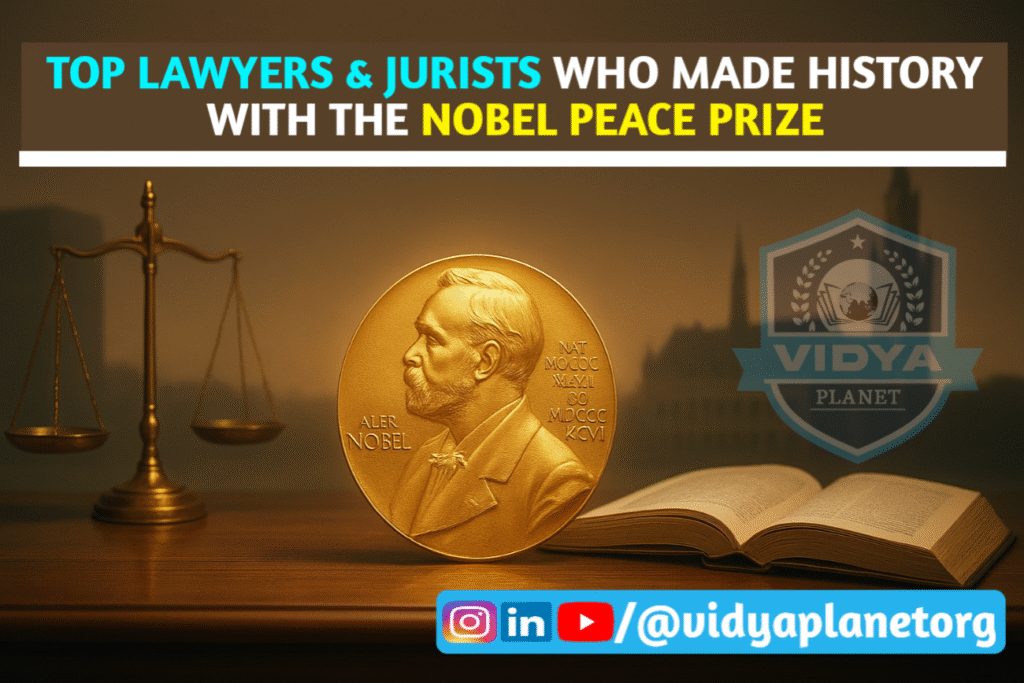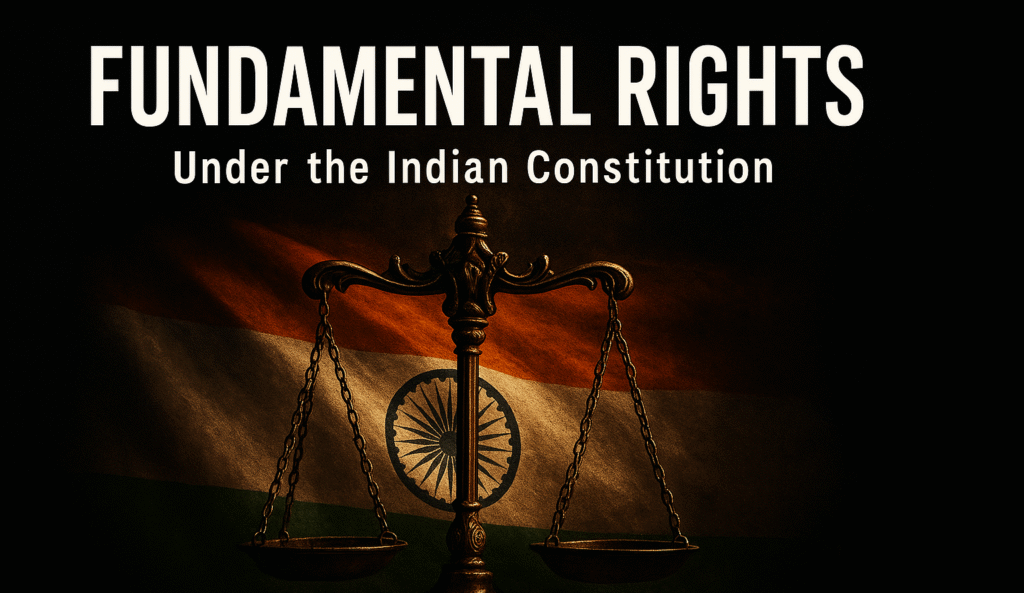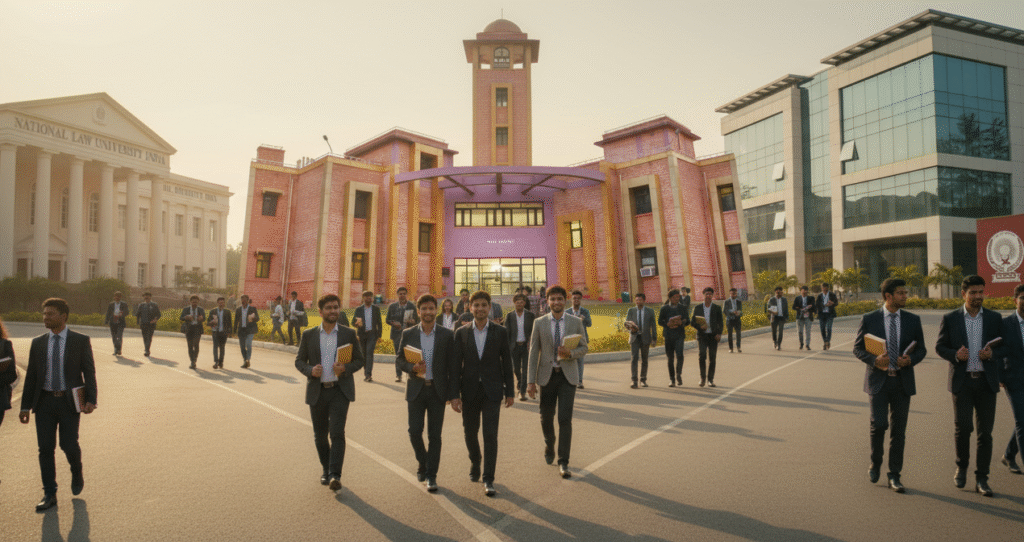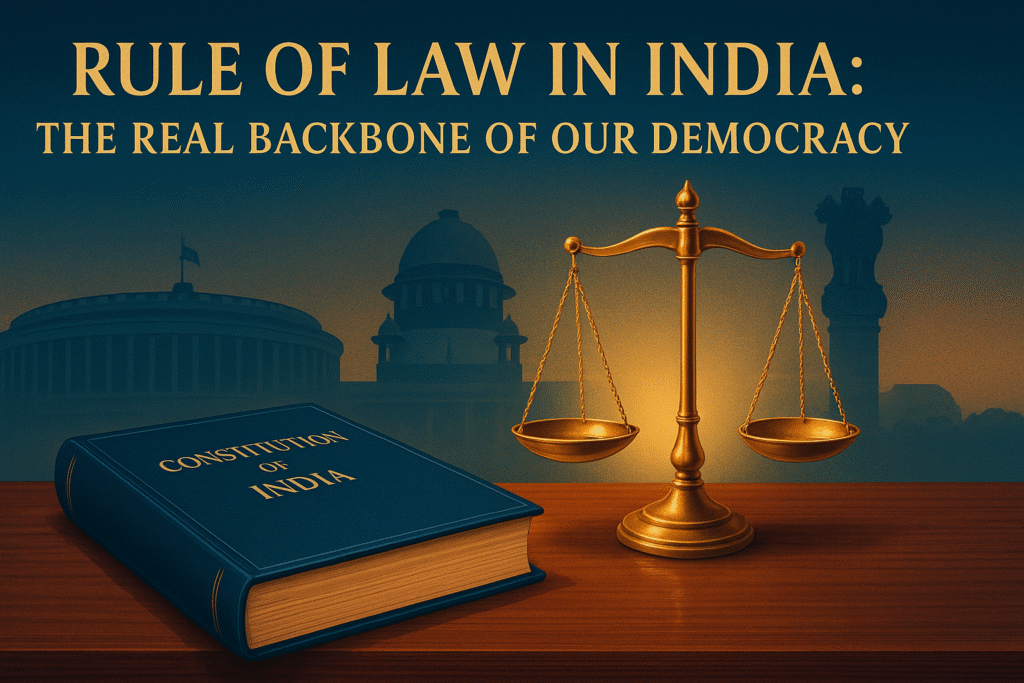Table of Contents
ToggleWhen Law Becomes a Path to Peace
In a world often divided by politics and conflict, law remains one of the few forces that can unite humanity. The Nobel Peace Prize 2025 reminds us that justice is not just about punishment—it’s about peace, equality, and compassion. Throughout history, a few remarkable lawyers and jurists have turned legal advocacy into a global movement for human dignity.
These champions of law didn’t just argue in courts—they redefined what justice means on a global scale. Their contributions shaped constitutions, inspired social reforms, and built bridges between nations torn by conflict. As we celebrate the spirit of the Nobel Peace Prize 2025, let’s revisit the stories of those legal minds who proved that the pen and the gavel can be mightier than the sword.
The names of these History makers are
1. Shirin Ebadi — Voice of the Voiceless (Iran, Nobel Peace Prize 2003)
Shirin Ebadi, a former judge from Iran, became a symbol of resistance and hope. She championed the rights of women and children in a country where speaking for equality often invited danger.
-
Profession: Human Rights Lawyer and Former Judge
-
Major Work: Founder of the Defenders of Human Rights Center in Tehran
-
Impact: Advocated for freedom of expression and gender equality in Islamic societies
Her Nobel Peace Prize recognition in 2003 was a turning point—it emphasized that legal activism could be a global peace movement. Ebadi’s courage continues to inspire lawyers worldwide to use the law as a shield for the oppressed.
2. René Cassin — Architect of Human Rights (France, Nobel Peace Prize 1968)
René Cassin’s name is forever linked with the creation of the Universal Declaration of Human Rights (1948). As a French jurist and a survivor of World War I, Cassin envisioned a world governed by moral and legal principles, not military power.
-
Profession: Legal Scholar & Diplomat
-
Major Work: Co-author of the Universal Declaration of Human Rights
-
Impact: Strengthened the foundation of international law and human dignity
His Nobel Peace Prize in 1968 honored not just his intellect but his lifelong mission—to make the law a protector of humanity. The ideals Cassin fought for continue to shape international treaties and the global human rights framework celebrated in the Nobel Peace Prize 2025 discussions today.
3. Jody Williams — The Power of Collective Legal Action (USA, Nobel Peace Prize 1997)
Jody Williams, along with the International Campaign to Ban Landmines (ICBL), showcased how coordinated legal activism can save lives. Through persistent advocacy, they helped establish an international treaty banning landmines—one of the most devastating tools of modern warfare.
-
Profession: Humanitarian Activist and Educator
-
Major Work: Leader of the International Campaign to Ban Landmines
-
Impact: Influenced the Ottawa Treaty (1997), banning the use of anti-personnel landmines
Her Nobel Peace Prize victory proved that humanitarian law is a living, evolving force. Williams demonstrated that the law, when united with empathy and diplomacy, could literally remove weapons from the battlefield. The relevance of her mission echoes even in the context of Nobel Peace Prize 2025, as nations continue to address new humanitarian crises through international law.
4. Barack Obama — Law, Diplomacy, and Global Unity (USA, Nobel Peace Prize 2009)
Though known primarily as a statesman, Barack Obama’s background as a constitutional lawyer influenced his approach to peace and diplomacy. His Nobel Peace Prize in 2009 recognized his vision for a world free from nuclear weapons and governed by dialogue rather than domination.
-
Profession: Constitutional Lawyer & President of the United States
-
Major Work: Advocated for nuclear disarmament and multilateral diplomacy
-
Impact: Promoted international cooperation through legal and diplomatic frameworks
Obama’s recognition remains a reminder that legal reasoning and negotiation—core aspects of jurisprudence—can guide global peacebuilding efforts. The same ideals resonate through the lens of the Nobel Peace Prize 2025, where the intersection of law, leadership, and peace remains critical.
The Legal Spirit of the Nobel Peace Prize 2025
The Nobel Peace Prize 2025 continues to highlight individuals and organizations that believe in peace through justice. It celebrates those who fight not with arms but with arguments—who build global harmony through treaties, advocacy, and the enforcement of international law.
Each year, the Nobel Committee reminds us that true peace cannot exist without fairness, human rights, and respect for the rule of law. Whether it’s protecting refugees, defending journalists, or ensuring environmental justice, the law stands as the moral backbone of peace.
How Law and Peace Are Interconnected
The Nobel Peace Prize 2025 symbolizes more than recognition—it’s a reflection of a world constantly learning from its past. Here’s how law continues to shape peacebuilding in modern times:
-
Human Rights Legislation: Countries strengthen legal safeguards against discrimination, echoing the work of past Nobel laureates.
-
International Tribunals: Courts like the International Criminal Court (ICC) enforce accountability for war crimes and genocide.
-
Peace Treaties & Mediation: Legal frameworks help nations resolve conflicts without violence.
-
Environmental Law: Legal innovations protect the planet and promote climate justice—a growing theme in recent Nobel Peace Prize nominations.
-
Digital Rights & Privacy: Modern law expands into cyberspace to protect civil liberties in the digital era.
The Nobel Peace Prize 2025 emphasizes how the law evolves with humanity’s challenges—always adapting, always striving for balance between power and principle.
Lessons from Legal Nobel Laureates
From Shirin Ebadi’s fearless advocacy to Cassin’s human rights legacy, each laureate teaches an essential lesson: Peace begins where justice prevails. Their stories also show how legal reform can transform societies—creating systems that protect the weak, empower the marginalized, and sustain democracy.
The Nobel Peace Prize 2025 is not just about celebrating the present—it’s about reaffirming that peace, without justice, is temporary. Every lawyer, jurist, and policymaker inspired by these legends continues their mission in modern courts and institutions.
Nobel Peace Prize 2025 — A Beacon for Future Legal Minds
As the world eagerly awaits the Nobel Peace Prize 2025 announcement, legal scholars and human rights defenders remain at the forefront of nominations. The growing global attention toward climate justice, gender equality, and digital freedom suggests that tomorrow’s laureates may once again come from the world of law.
Future Nobel laureates may be those who:
-
Draft international cyber laws ensuring digital freedom.
-
Create frameworks for global climate accountability.
-
Defend the rights of displaced populations through international courts.
The Nobel Peace Prize 2025 may well belong to those who carry forward the spirit of legal humanity—where law is not a weapon but a promise.
Frequently Asked Questions (FAQs)
1. What is the connection between law and the Nobel Peace Prize 2025?
The Nobel Peace Prize 2025 highlights individuals and groups using legal frameworks to foster peace, protect rights, and promote justice across the globe.
2. Has any lawyer won the Nobel Peace Prize before?
Yes. Legal figures like Shirin Ebadi, René Cassin, and Jody Williams are among those honored for their legal and humanitarian contributions.
3. Why is the Nobel Peace Prize 2025 significant for the legal community?
It reinforces the idea that law is central to maintaining peace, equality, and the protection of fundamental human rights.
4. Can organizations focused on legal reform win the Nobel Peace Prize?
Absolutely. Many organizations working on disarmament, legal reform, and justice initiatives have been recognized in past Nobel Peace Prizes.
5. How does the Nobel Peace Prize 2025 inspire young lawyers?
It encourages aspiring legal professionals to view law not only as a profession but as a powerful tool to create global harmony and justice.
Conclusion
The Nobel Peace Prize 2025 serves as a powerful reminder that peace cannot survive without justice—and justice cannot thrive without law. The laureates who have walked this path before us remind the world that law, when guided by conscience, becomes a force for compassion and equality.
As we step into the future, the challenge for every lawyer and jurist remains the same: to make the law a voice for peace.
Share-

Avinash Jaiswal is the Founder of Vidya Planet, is dedicated to improving the quality of learning through structured, clear, and authentic educational content. His work reflects a consistent effort to simplify academic concepts and present them in a way that supports meaningful understanding.






